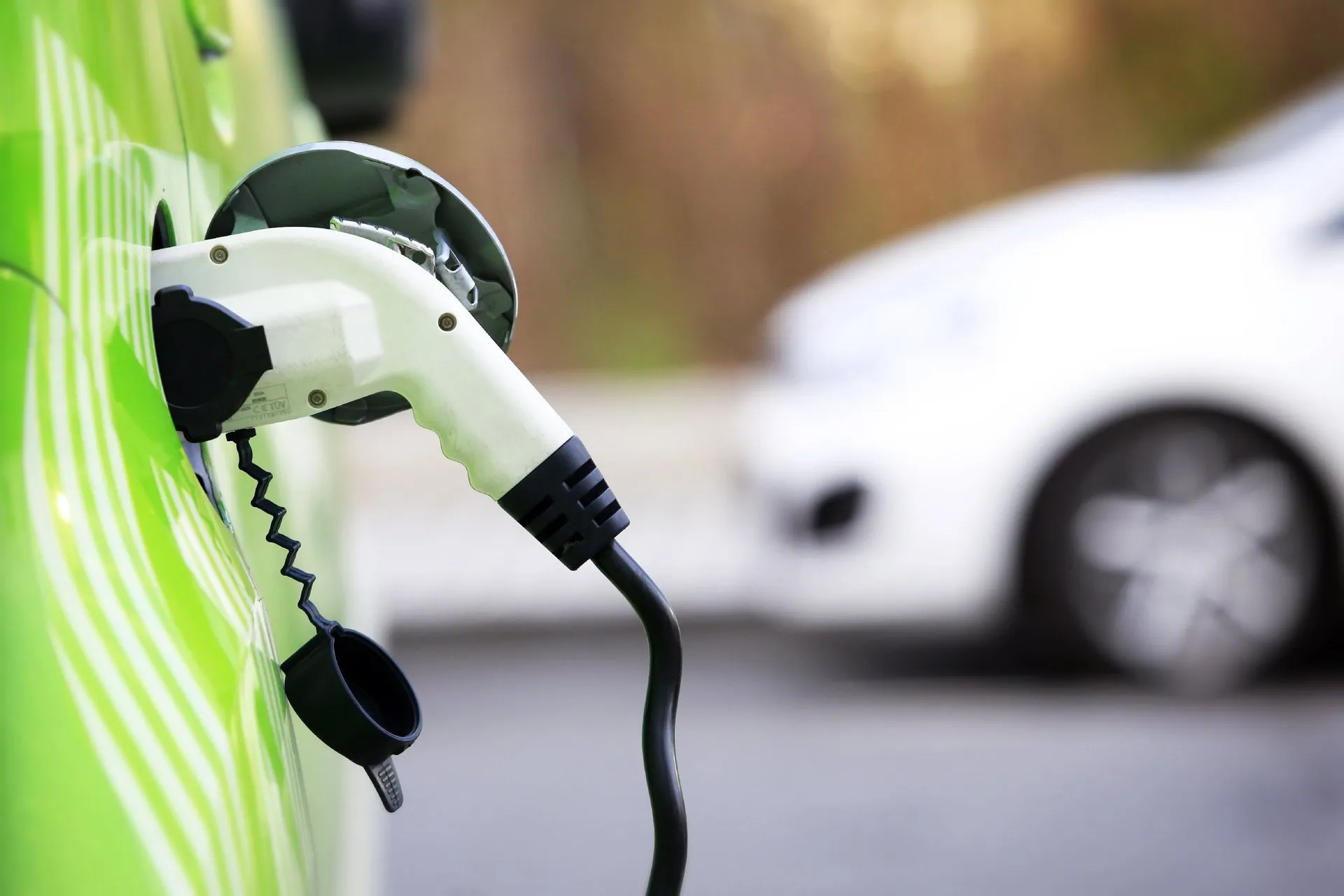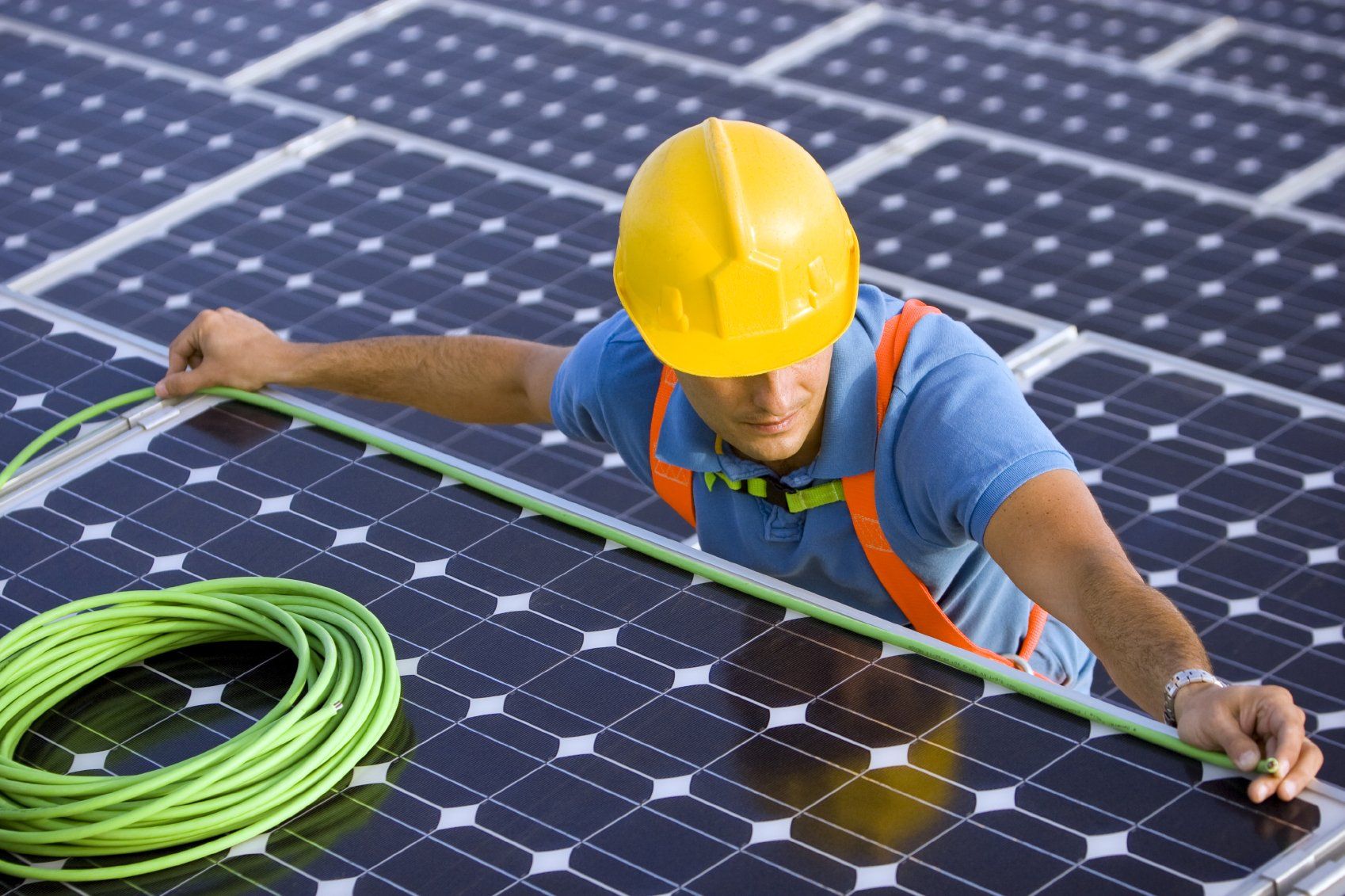Building regulations are changing
All new buildings in the UK both commercial and residential will need to cater for EV Chargers from the end of March 2022

On the 21st November 2021, just ahead of COP26, an announcement was made by the UK Prime Minister that all new house buildings from the end of Q1 2022 would be required to have an EV charger installed - link to the announcement PM to announce electric vehicle revolution - GOV.UK (www.gov.uk).
This change affects all new homes and flats that are built as well as any new commercial buildings. Whilst this might sound like a fairly simple idea to have an EV socket installed on all new houses there are some important considerations which the house builders are actively considering.
Probably the biggest consideration is the increase in electricity supply that will be required to any new build site and the importance of load management. We estimate that the average household with an electric car will see their electricity requirements increase by 35%, for the housebuilders the other increase in power requirements that is coming down the track if electric pumps.
Another consideration is that many of these new EV charging points may not be used for years, and there is a particular challenge with EV chargers for flat owners in that parking is not directly linked to the flat and the total cost of providing flat with EV chargers and power will be higher than a socket on the wall of a house.
Whilst this legislation has not come into force yet we are aware that things are moving in the Commercial Building market with local planner specifying as part of planning permission that circa 15% - 20% of parking spaces have to be fitted with EV chargers and an additional 20% should have the civils done so that EV chargers can be installed in the future.
This figure of 40% is a good indicator of what the immediate requirements are like in the commercial space, which is in tune with a number of organisations looking to move as much of their fleet as possible to EV's
